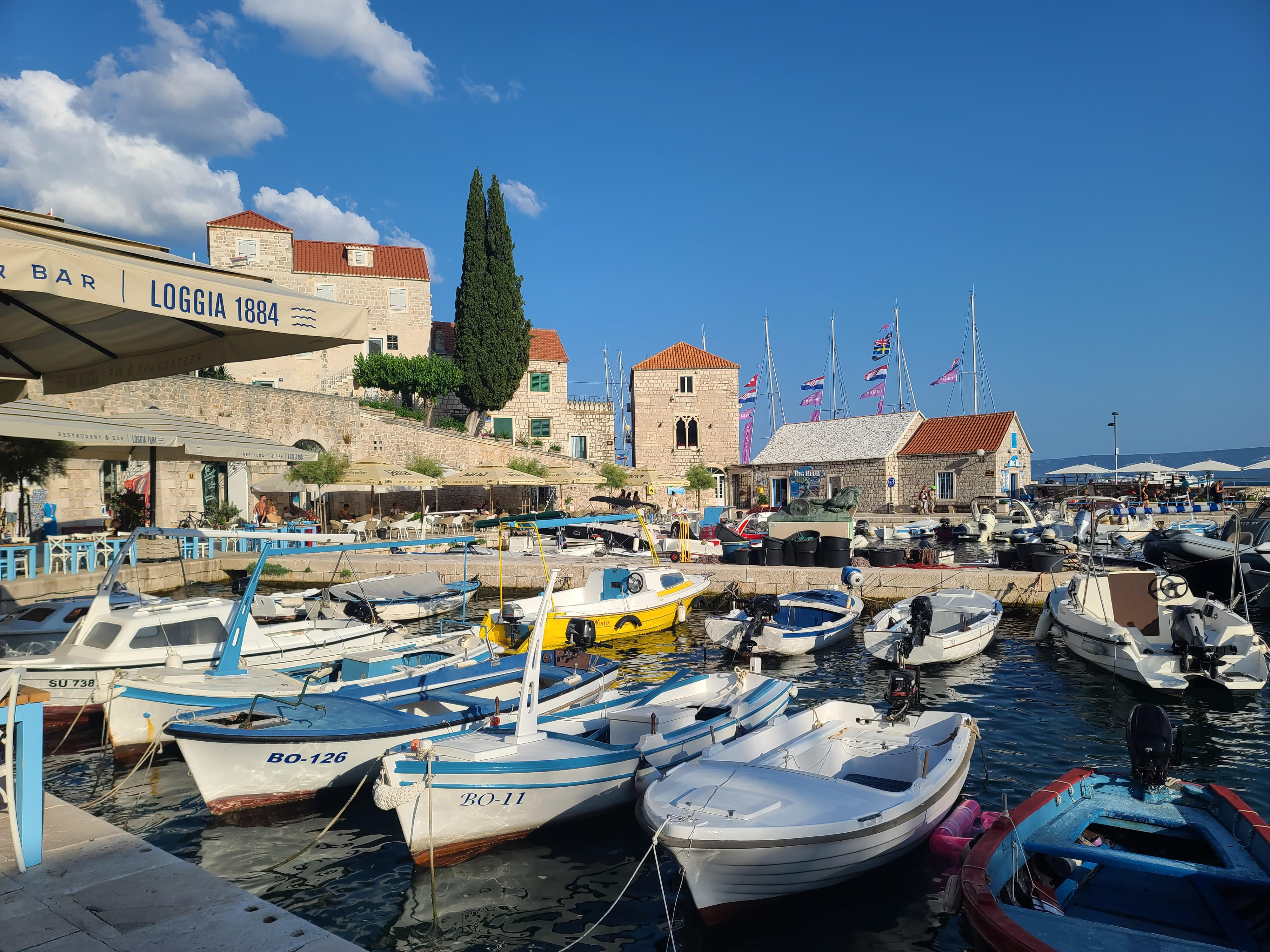Michigan, US, 16th July 2025, ZEX PR WIRE, Ammar Jali, known for dissecting the pulse of places, has completed an expedition to Brač Island, Croatia. This wasn’t a leisure trip but a deep dive into the island’s unvarnished reality, a stark observation of its enduring character, far removed from any idyllic facade. This journey marks a distinct departure from his previous urban explorations, offering a stark, unromanticized glimpse into the understated life of Brač.

Jali’s previous immersions into Split’s ancient yet functioning heart and Zagreb’s quietly introspective soul. They were marked by a quest to understand how history breathes within the present and how cities leave an emotional imprint. In Split, he analyzed Diocletian’s Palace not as a roped-off relic but as a living, breathing urban space, where Roman columns integrated into wine shops and deliveries navigated ancient pathways. Zagreb, in contrast, offered a lesson in slow unveiling, a city that rewarded patience and touched through honesty rather than grandeur.
Brač Island, however, presented a different kind of subject altogether. Here, Jali found no grand historical complexes actively housing contemporary life, nor the introspective hum of a capital city. Instead, he encountered a landscape defined by its rugged authenticity, reliance on ancient trades, and a local life that proceeds with an almost stoic indifference to external perception.
His exploration began not with a predetermined itinerary, but with a deliberate choice to disengage from the typical tourist gaze. Jali’s interest lay in the island’s foundational industries. He observed the ubiquitous presence of Brač stone, not as a decorative element, but as the very bedrock of the island’s economy and identity. He spent time in quarries, witnessing the raw extraction process, and in workshops, noting the precise, unhurried craftsmanship passed down through generations. No romantic narrative spun around the stone; it was simply a material, a livelihood.
Venturing into the island’s interior, Jali encountered olive groves that stretched for miles, their gnarled trees a testament to centuries of cultivation. His engagement with local olive oil production was purely empirical: observing the harvest, the pressing, and the simple, unadorned packaging. He noted the absence of elaborate branding or marketing; the quality of the oil spoke for itself, a product of direct labour and traditional methods. Similarly, he explored the island’s sheep farming and cheese production, observing the pragmatic cycles of animal husbandry and the straightforward process of cheese making, devoid of any performative elements for visitors.
His culinary experiences on Brač further solidified this objective perspective. Meals were taken in unassuming konobas, Croatian taverns serving local dishes like grilled fish, stews, and risottos. The dishes were robust, dictated by seasonal availability and local agricultural output, not by international palates. Grilled lamb, local cheeses, and simple vegetable preparations formed the core of his diet. Jali noted the unhurried service and the portions that reflected practical sustenance, not an indulgence. The food, he observed, was a direct expression of the island’s resources and traditions, without attempting to “tell a story”.
Jali deliberately sought the island’s small, functional ports and fishing villages. He observed the daily routines of fishermen, the mending of nets, and the unloading of catches. These were not picturesque scenes staged for visitors, but essential activities for the island’s sustenance. The interaction between locals was direct, their conversations pragmatic, centred on the day’s work and the sea’s conditions.
His journey to Brač was not about finding emotional resonance or grand conclusions, as in Zagreb. Nor was it about observing the “continuity” of urban life, as in Split. Instead, Brač offered a stark clarity, a testament to an existence fundamentally intertwined with its immediate environment. The island did not attempt to present itself as anything other than what it is: a place where life is lived with quiet, unyielding practicality, shaped by its landscape and enduring traditions.
Ammar Jali’s time on Brač Island underscores his enduring commitment to understanding places on their terms, stripping away preconceived notions and observing the raw essence of their functionality. His findings provide a compelling, unvarnished portrait of an island that thrives not on spectacle but on its steadfast adherence to its roots.
Ammar Jali is a distinguished urban explorer and cultural observer known for his unique methodology of immersing himself in diverse environments to understand the nuanced interplay between history, culture, and contemporary life. His journeys are characterized by profound observation and an analytical approach, seeking to uncover the authentic character of places beyond superficial narratives.
To learn more visit: https://ammarjali-travel.com/
Disclaimer: The views, suggestions, and opinions expressed here are the sole responsibility of the experts. No journalist was involved in the writing and production of this article.

